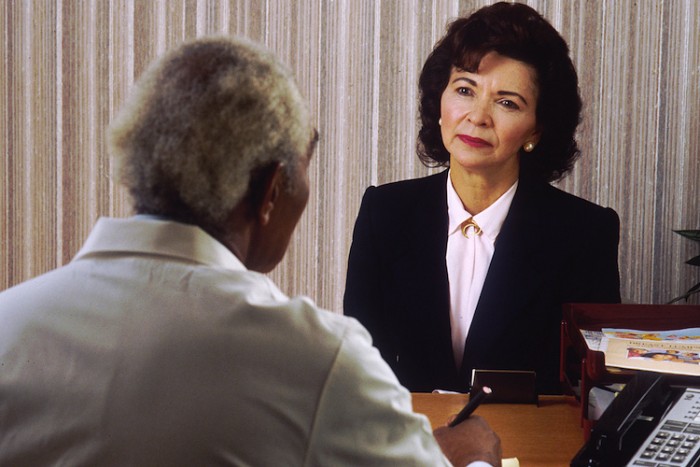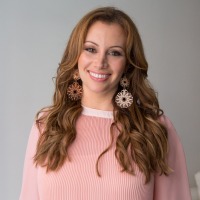Imagine the worst: You were just diagnosed with a life-threatening illness.
You are terrified, paralyzed with shock and searching for a spark of light. Next, you hear these words from your doctors: “It is aggressive, it can grow fast, you can react to the medicine, many of the options out there may not work, many don’t survive, but those who do, do so without explanation. This is going to be rough. Now let’s get started.”
Now picture those dismal words covering your loved ones like an oil slick and observe as they are repeated not once, but multiple times.
These words were hurled at my mother like swords when she was suddenly diagnosed with cancer. The diagnosis was horrifying, but the words only sharpened the shock. I observed in horror. How can this be part of modern medical treatment? How can a person heal under a blanket of negativity? Does a person really need the worst-case scenario to repair their body? Why does treatment start with medication and not with our words?
I am a holistic practitioner, and I entered this profession because of my own health struggles. I was told that I am “too sensitive” and that it would be hard for me to heal because I react to things easily. I was informed that because I had scarlet fever as a child that I would always have kidney issues and that because of my family history I would always have blood sugar issues and digestive difficulties.
I spent years working to erase those statements that disempowered my body. Today I am careful with how I speak to my body and I make an effort to recognize when someone’s words are “their stuff” or my own. Although I do have to be diligent about taking care of myself, I have learned to listen to my body and to not let other people’s perceptions break it down.
This is why it is integral that as health professionals we learn how to speak to our patients. I have a close friend who was given a sudden diagnosis of a serious disease. The doctors gave the diagnosis and proceeded to discuss all of the possibilities of what could happen if the disease went untreated. They focused on her liver, and drilled it into her mind that her liver would eventually fail, but they were referring to months down the road.
Because she was informed of her condition just a few days before Thanksgiving, she was forced to wait to treat it. It only took three days for her liver to fail. The doctors words were all she could hear and the fear was so strong that it happened just days later. This is not to say that the doctors shouldn’t have encouraged her to get treatment, or that they should not have warned her, but they spent almost 30 minutes discussing the demise of her body—and she manifested it only days later.
Medicine starts with the discussion that happens between a patient/client and a doctor/healer. You can give someone the tools to heal but if they swallow those remedies or therapies with a dose of negative possibilities you have thwarted the hope that empowers their body to heal. Fear gives negativity wings.
Today I implore all health professionals to think about how they speak to their patients. Are you giving patients worst-case scenarios without balancing it with possibility? Are you open to the idea that the patient may be able to heal beyond all scientific reason? Do you tell them that their body is powerful? Do you truly believe in the body’s ability to heal? How much of what you tell them is your own fear of failing them? How would you want to be spoken to under these circumstances? Are you afraid if you don’t warn your patient of the negative outcome you have failed them? What if constantly alerting them, without empowering them, actually helps them to manifest the worst? If you knew this would you start to balance your dialogue?
People heal under extraordinary circumstances—every single day. Ask any of these survivors how they made it through and many will tell you that against their doctor’s prediction they survived. Many will say that their healing started in their mind.
It is our job as health professionals to be an advocate, not an adversary. It is our responsibility to go beyond dispensers of medication and supplements, and recognize that the healing starts from within. It is our privilege to work with these individuals, and it is our responsibility to hold their hand, not cut off their fingers. It is absolutely possible to thread the facts with hope, so that we inflate, rather than deflate our treatments. It is our task to harness our patient’s power; it is our challenge to inspire courage.
After all, how do people heal from placebos alone?
Relephant:
Are Doctors & the Pharmaceutical Industry Creating Addicts?
Author: Nicole Glassman
Editor: Travis May
Photo: Wikipedia







Read 0 comments and reply